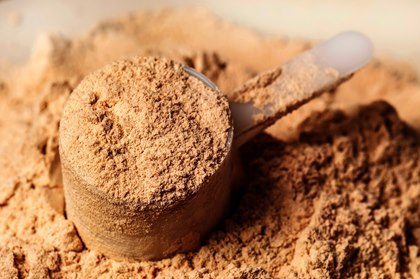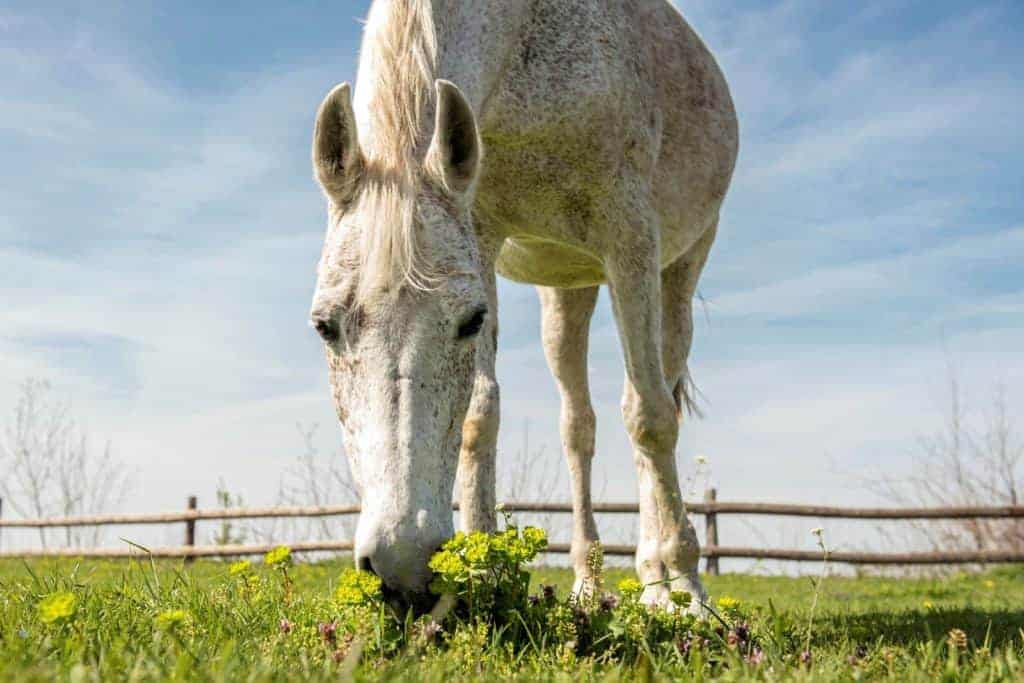
Mineral of the Month: Chromium
As an essential trace element for horses, chromium plays roles in the communication between insulin and insulin receptors, lipid metabolism, and immune function.

As an essential trace element for horses, chromium plays roles in the communication between insulin and insulin receptors, lipid metabolism, and immune function.

Learn more about these trace minerals that are vital to horse health.

Learn about vitamin B-12’s role in the horse’s body and when supplementation might prove beneficial.

My filly is licking and biting her salt block obsessively. Is it possible for her to eat too much salt?

A horse owner who also has beef cattle wants to know if all-purpose, multispecies feeds are okay for horses. Our equine nutritionist responds.

Cobalt is an essential part of vitamin B12, which plays a role in the amino acid and fatty acid metabolism as well as nervous system function, making it an important part of the equine diet.

Learn how to read supplement labels and the difference between ingredients that offer potential therapeutic benefits and those meant to improve flavor or act as preservatives.

Iron deficiencies are rare in horses, especially in those with access to good-quality pasture and hay.

Horses consuming crude protein at 12% of total dry matter intake excreted more nitrogen, which led to greater ammonia emissions.

An average mature horse at rest or performing light exercise requires 3.5 milligrams of iodine per day. This increases in late gestation, lactating broodmares, and horses in heavy work.

While an average 1,100-pound adult horse at rest or lightly exercised requires only 400 milligrams per day, this mineral is important to bone and cartilage development.

Researchers know diet, breed, high colonic pH levels, and water supply mineral content can impact enterolith formation, but how trace minerals affect the process is less well-understood.

A mature horse that is idle or lightly exercised requires 100 mg of copper per day. Here’s why.

Zinc-deficient horses can exhibit reduced growth rates, inappetence, and skin abnormalities, among other issues.

Foals with a selenium deficiency are at risk of developing white muscle disease, which leads to skeletal and cardiac muscle abnormalities.

Selenium is an important part of the equine diet, but is only required in small amounts and has a narrow safety margin.
Stay on top of the most recent Horse Health news with
"*" indicates required fields